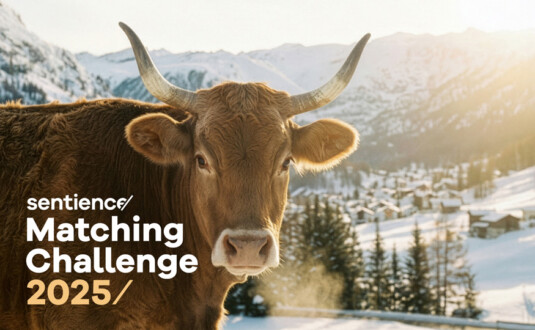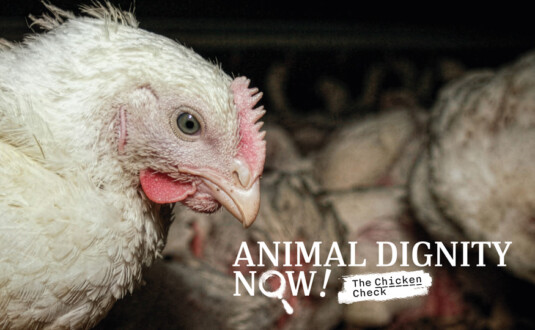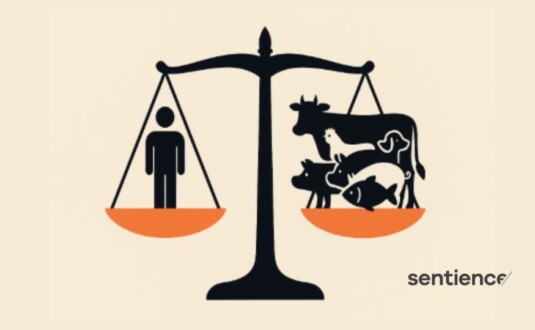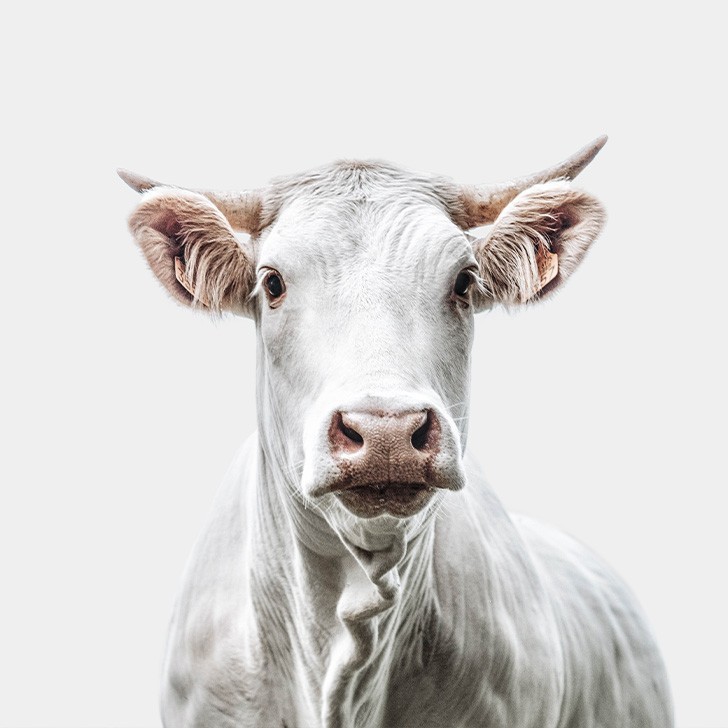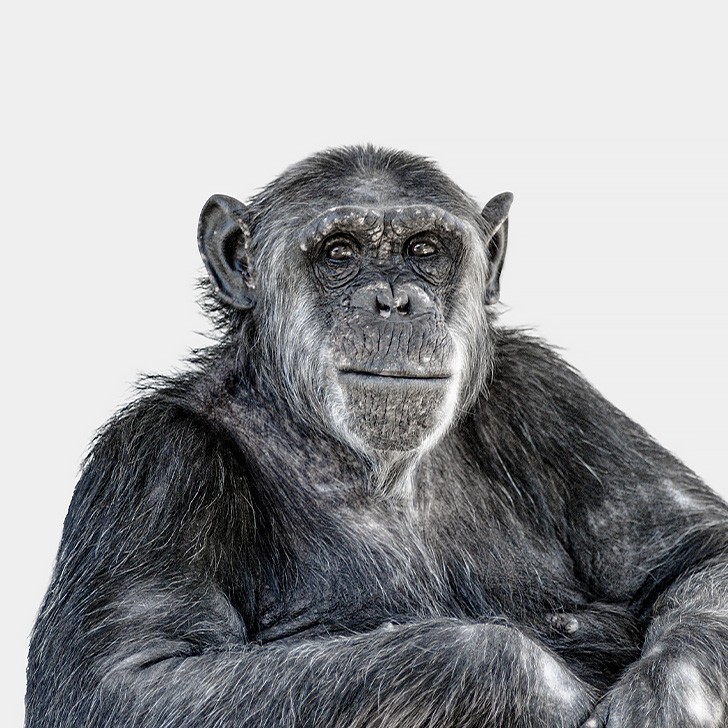Consumption
Over the past 20 years, the Swiss per capita consumption of animal products has reduced only marginally. Around 50kg of meat, 240kg of milk products, 12kg of eggs and 7kg of fish per person are still consumed annually. The consumption of chickens is steadily increasing. Many more individual animals are killed to produce a kilogram of chicken meat than for a kilogram of beef. Switzerland stands above the average in terms of its consumption of animal products. Due to higher incomes and population growth, demand is also growing in poorer countries. It is anticipated that we will see a 70% increase worldwide by 2030.
Our collective consumption of animals is a disaster for the environment. Numerous scientific studies have highlighted the impact of animal farming (which includes the vast amount of crops grown for animal feed) in terms of greenhouse gas emissions, biodiversity loss, and other harms. All of this is incompatible with Switzerland’s Agenda for Sustainable Development. Any agenda for addressing climate change that does not endorse dietary change, or only hints at it, is missing the elephant in the room. The approach of using alternative sources of protein is gaining ground, yet a study published in 2021 predicts that this will only represent 11% of the total protein consumed worldwide by 2035.
Our solutions
Dietary change must be centred in the public discourse. The value of plant-based cuisine should be promoted in institutions and throughout society as a whole. Through the greater availability of plant-based foodstuffs, we can feed ourselves more sustainably and in a more animal-friendly manner. It is increasingly possible to do this without having to compromise on taste, convenience or essential nutrients. We want to see plant-based options offered everywhere from schools and restaurants to hospitals and sporting venues. We think politicians and administrative bodies should promote alternative protein sources instead of continuing to invest in the past and prop up industrial animal production with billions of francs in subsidies.
Plant-based meat alternatives as well as cultivated meat are highly promising alternatives to the status quo when it comes to protein production. Neither is dependent on the slaughter of animals and both are clearly superior to conventional meat sources when it comes to the question of sustainability. The approach of using alternative sources of protein is gaining ground, yet a study published in 2021 predicts that this will only represent 11 percent of the total protein consumed worldwide by 2035. As a world leader in research, Switzerland has outstanding conditions for driving forward the development of meat and milk alternatives. For Sentience, it is clear that we must adopt a pioneering role in this regard.
Latest articles on this topic
Contact

Member of the Advisory Board

